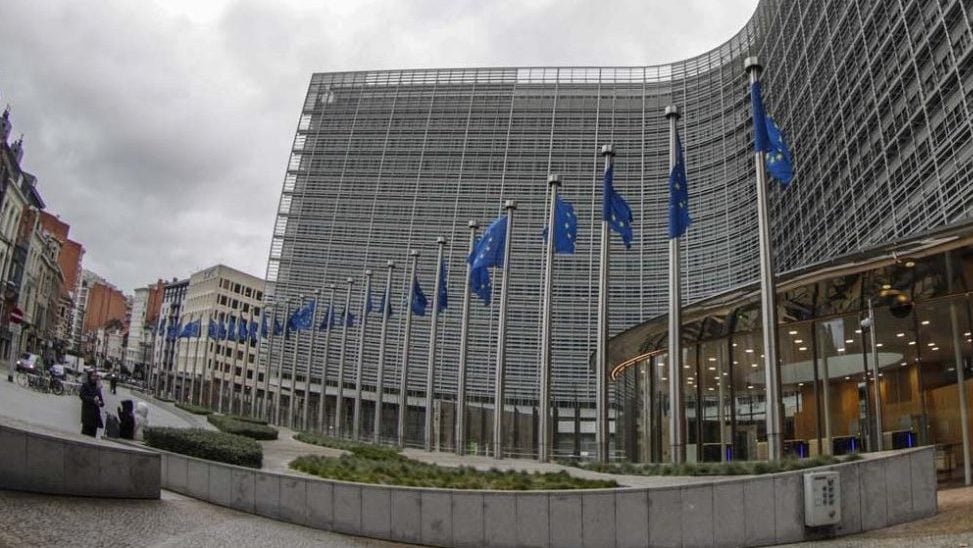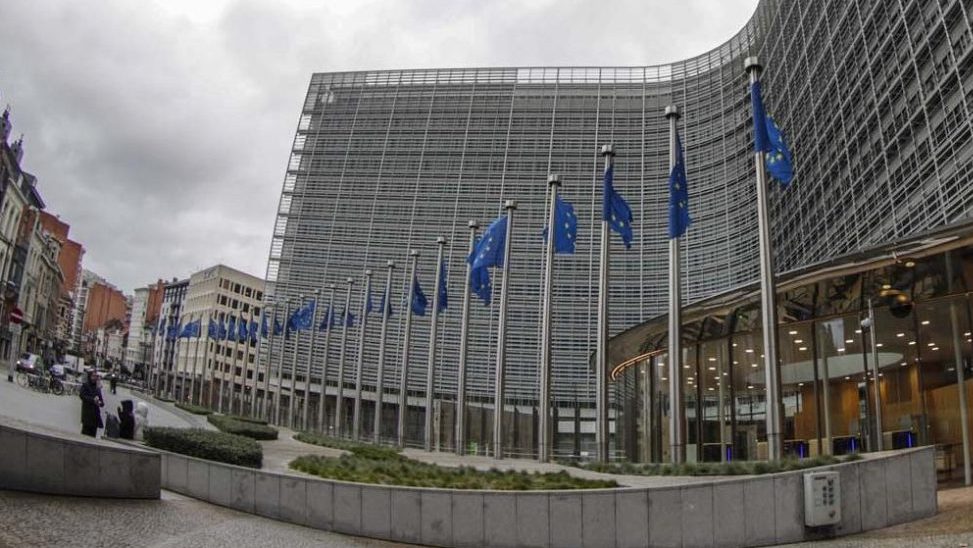The European Commission has rejected allegations that it secretly paid non-governmental organizations (NGOs) lobbying in its favor, particularly in the area of climate policy. Claims of secret contracts with NGOs, including environmental organizations like ClientEarth, have been denied. The Commission emphasized that funding is transparent and announced it will tighten rules for NGO financing to prevent lobbying and inappropriate activities. Members of the European Parliament and representatives of various political groups highlight the importance of NGOs as civil society but also stress the need for greater transparency and oversight. Right-wing and conservative parties criticize funding NGOs that do not align with their political views, while left-wing and centrist groups emphasize the importance of NGOs for democracy and climate protection.
Political Perspectives:
Left: Left-leaning sources emphasize the importance of NGOs as a vital part of civil society and democracy. They highlight that the European Commission’s funding supports dynamic and active civil society organizations that contribute to better debates and legislation, especially in climate policy. They view the allegations as politically motivated attacks by conservative and right-wing groups aiming to reduce support for NGOs.
Center: Centrist sources focus on the need for transparency and accountability in the funding of NGOs by the European Commission. They acknowledge the role of NGOs in balancing industrial lobbies and supporting democratic processes but stress the importance of clear rules and oversight to prevent misuse of funds or activities that undermine the rule of law.
Right: Right-leaning and conservative sources criticize the European Commission for allegedly funding NGOs that pursue political agendas contrary to their views. They express concerns about NGOs engaging in radical projects or protests that may undermine the rule of law and accuse the Commission of lacking transparency. Some view the funding as a structural problem and call for stricter controls or reductions in support.








